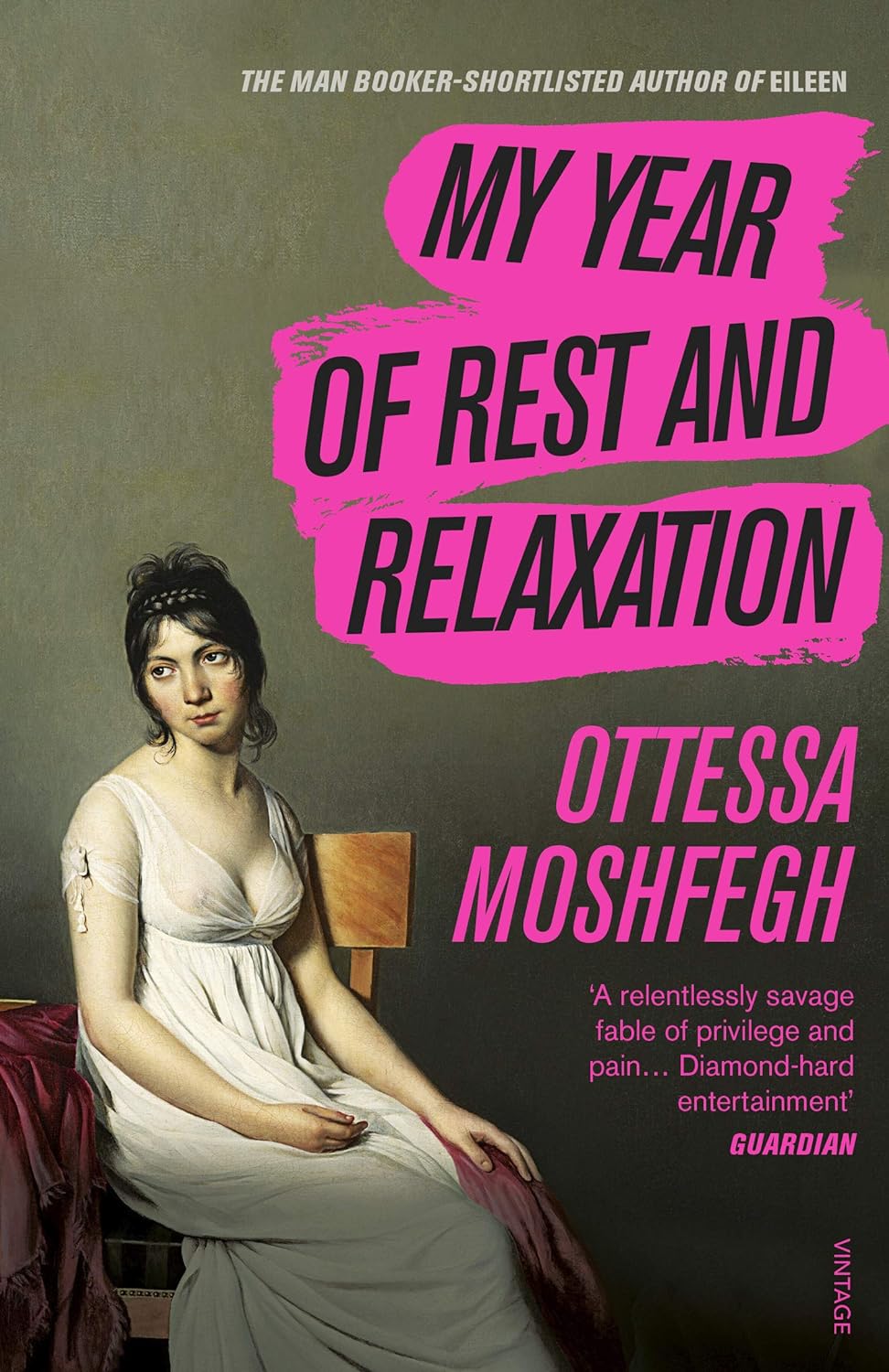What do you think?
Rate this book


289 pages, Paperback
First published July 10, 2018
The art world had turned out to be like the stock market, a reflection of political trends and the persuasions of capitalism, fueled by greed and gossip and cocaine. I might as well have worked on Wall Street. Speculation and opinions drove not only the market but the products, sadly, the values of which were hinged not to the ineffable quality of art as a sacred human ritualŌĆöa value impossible to measure, anywayŌĆöbut to what a bunch of rich assholes thought would ŌĆ£elevateŌĆ� their portfolios and inspire jealousy and, delusional as they all were, respect. I was perfectly happy to wipe out all that garbage from my mind.
But did I care? I didnŌĆÖt think so. If RevaŌĆÖs body was hanging by the neck behind the bath curtain, I might have just gone home.
I wondered if I might be dead, and I felt no sorrow, only worry over the afterlife, if it was going to be just like this, just as boring. If IŌĆÖm dead, I thought, let this be the end. The silliness. At some point I got up to guzzle water from the tap in the kitchen. When I stood upright afterward, I started to go blind. The fluorescent lights were on overhead. The edges of my vision turned black. Like a cloud, the darkness came and rested in front of my eyes. I could move my eyes up and down, but the black cloud stayed fixed. Then it grew, widening. I buckled down to the kitchen floor and splayed out on the cold tile. I was going to sleep now, I hoped. I tried to surrender. But I would not sleep. My body refused. My heart shuddered. My breath caught. Maybe now is the moment, I thought: I could drop dead right now. Or now. Now. But my heart kept up its dull bang bang, thudding against my chestŌĆ�